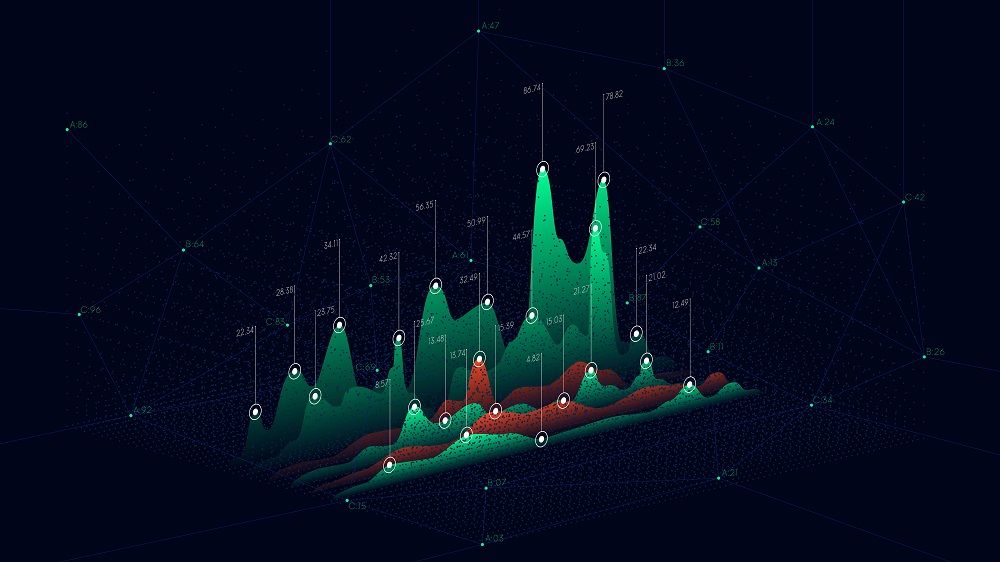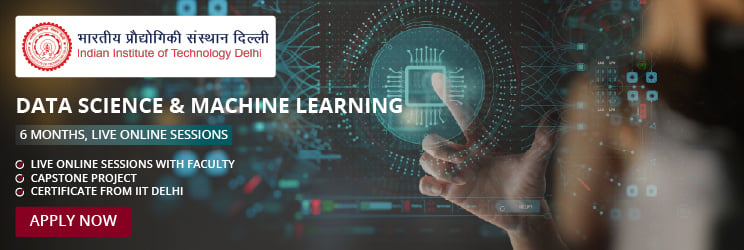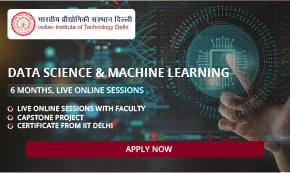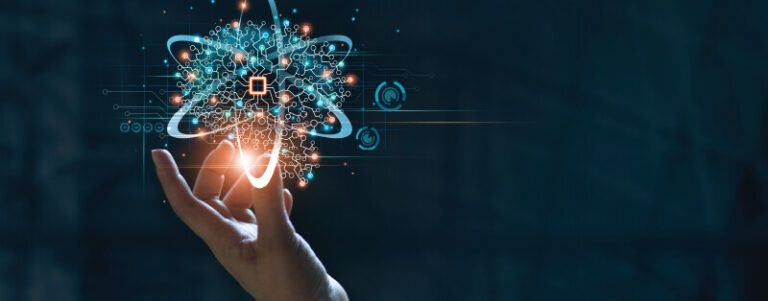Top Data Scientist Skills To Look Out For In 2022

Data Science is a popular topic among trained professionals and organisations that collect data and extract valuable insights to help businesses flourish. Data science is the study of massive volumes of data using current tools and methodologies to discover previously unknown patterns, derive valuable information, and make business decisions. To make forecast models, data experts employ complex machine-learning algorithms. The data used for analysis might come from a variety of sources and be presented in a variety of formats.
Who is a Data Scientist?
Data scientists are individuals who gather and evaluate huge volumes of structured and unstructured data. The work of a data expert usually entails dealing with everything related to computer science, statistics, and mathematics. They evaluate the data science procedure and model data prior to understanding the results to create actionable plans for businesses and other associations. Data scientists are analysts that use their knowledge of technology and social science to identify trends and manage data. A data scientist’s role includes arranging and structuring fragmented data acquired from sources such as smart devices, social media feeds, and emails that are not a part of a traditional database.
Skills Required for Becoming a Data Scientist
There are two kinds of vital skills required for becoming a data scientist:
- Technical
- Non-technical abilities
Technical Skills Required for Becoming a Data Scientist
Aside from a solid foundation in mathematics and statistics, data scientists must be fluent in complex statistical modeling tools and possess a thorough understanding and knowledge of programming.
The following are seven crucial data scientist skills –
- Python programming – Python is the most popular and adaptable programming language in the data science field today, capable of handling everything from data mining to website development to running embedded systems in a single unified language.
- R programming – R is a software package comprising data processing, calculation, and graphical display tools. The software can quickly and easily implement machine learning algorithms and offers a wide range of statistical and graphical approaches, including linear and non-linear modeling, traditional statistical tests, time-series analysis, classification, and clustering.
- Hadoop platform – Hadoop is a suite of open-source software utilities that enable data scientists to process huge datasets across computer clusters using simple programming methods. This is beneficial when the volume of data exceeds the system’s memory capacity.
- SQL databases – SQL is a programming language used to manage and analyze the valuable data stored in a relational database management system (this is a type of database that effectively manages and provides access to data points that are related to one another).
- Machine learning and AI – Artificial Intelligence and Machine learning uses algorithms and data-driven models to evaluate vast amounts of data. It can automate important elements of a data scientist’s job, such as cleansing data by reducing duplicates. Machine learning techniques, including supervised vs. unsupervised machine learning, decision trees, and logistic regression, are familiar to the most knowledgeable data scientists.
- Data visualization – The graphical display of data with visual components, including charts, maps, graphics, infographics, etc., is called data visualization. It falls in between technical analysis and visual narrative. As big data becomes more important in business, data visualization is becoming an important tool for making sense of the massive amounts of data collected every day. A data scientist can visualize data with tools like ggplot, d3.js, and Tableau.
Business strategy – Data experts must have a business strategy to handle business challenges and analyze on the basis of a good problem definition. This allows data scientists to create their own infrastructure for slicing and dicing data in ways that are relevant to the enterprise they serve.
Non-Technical Skills Required for Becoming a Data Scientist
To do their jobs effectively, these are some of the non-technical skills required for a data scientist.
- Communication – Most data scientist jobs require excellent communication abilities. As a data scientist, you will need to understand business requirements or the problem at hand, solicit additional data from stakeholders, and communicate significant data findings.
- Storytelling – Statistical computations are useless if teams cannot act on them. Therefore, speech communication, writing, and data visualization abilities are essential. Good storytelling entails communicating analytical answers in a clear, brief, and to-the-point manner.
- Collaboration – For finding solutions, you’ll need to communicate with multiple teams across the organization to understand their needs and receive input. Depending on how specialized your function is, you may also be required to collaborate with other data scientists, data architects, and data engineers.
- Learning – Instead of striving for perfection, have the patience and discipline to teach oneself new things and learn new concepts rapidly. Understanding how to learn is one of the most critical abilities for aspiring data scientists.
The field of data science has an extremely steep learning curve. Data scientists must be proficient in important programming languages and statistical computations and possess good communication and interpersonal skills. A solid educational foundation combined with the appropriate technical and interpersonal skills enables data scientists to effectively interpret and communicate complicated statistical insights to the audience while also making practical recommendations to the appropriate stakeholders.
So, If you’re curious about accelerating your career in data science and learning basic as well as advanced data scientist skills, you may get a certificate in data science. Emeritus India offers best-in-class certification courses in data science in collaboration with world-rank universities to help you lay the framework for a professionally rewarding career.







